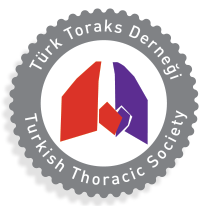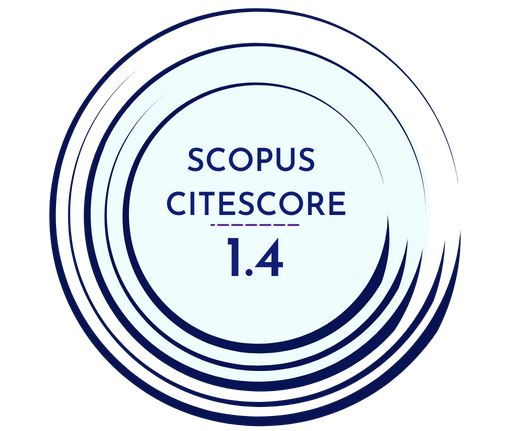Abstract
The remarkable increase in asthma and atopy prevalences during the last years in western societies cannot be explained by changes in genetic factors or by improvements in diagnostic procedures only. The hygiene hypothesis represents at the moment the most plausible explanation for the rising frequency of allergic diseases: “Insufficient exposure to certain infectious agents during childhood increases the risk of developing asthma and allergic diseases. Improvements in hygiene levels may be partly responsible for this decline in exposure”. According to the hygiene hypothesis, viral and/or bacterial infections could inhibit the T-helper (Th)-2 immune response associated with atopic reactions by stimulating a Th-1 response involved in defence of infections delayed-type hypersensitivity reactions. Epidemiological studies suggest that increases in allergic diseases are largely attributable to lifestyle and enviromental factors, and the lack of exposure to infections in early life. In this manuscript, findings related to the interactions between these risk factors and prevalence of allergic disorders including asthma are evaluated in the light of current knowledge.



.png)
